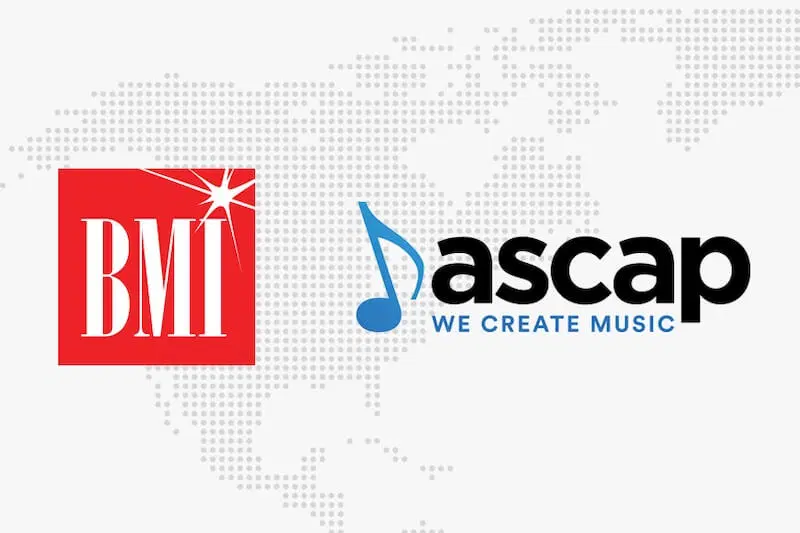The music industry can be a daunting landscape for emerging artists seeking to protect their creative works. Two prominent organizations that offer music registration services are the American Society of Composers, Authors, and Publishers (ASCAP) and Broadcast Music, Inc. (BMI). This blog aims to provide new music artists with an in-depth understanding of how to register their music with ASCAP or BMI, as well as an analysis of the pros and cons of each organization.
In today’s digital age, where music is easily shared and distributed across various platforms, protecting intellectual property rights has become more critical than ever for music artists. ASCAP and BMI serve as performing rights organizations (PROs) that assist artists in managing and monetizing their music compositions. Understanding the registration process and the differences between these two organizations is essential for new artists looking to establish themselves in the industry.
ASCAP: The American Society of Composers, Authors, and Publishers (ASCAP) is one of the oldest PROs, founded in 1914. ASCAP offers a platform for artists to register their compositions and collect royalties for public performances of their music. Some of the key advantages of registering with ASCAP include:
- Global Reach: ASCAP has a vast network of international affiliates, allowing artists to collect royalties worldwide.
- Diverse Membership: ASCAP represents a wide range of music genres and has a diverse membership base, offering opportunities for collaboration and networking.
- Transparent Reporting: ASCAP provides detailed royalty statements and offers transparency in its payment distribution process.
However, there are also some potential drawbacks to consider when registering with ASCAP:
- Membership Fees: ASCAP requires an initial membership fee and annual dues, which can be a barrier for some new artists, especially those on tight budgets.
- Selective Membership: ASCAP operates on an invitation-only basis, meaning not all applicants may be accepted for membership.
- Complexity: The registration process with ASCAP can be complex and time-consuming, requiring careful attention to detail.
BMI: Broadcast Music, Inc. (BMI) is another major PRO that was founded in 1939. Like ASCAP, BMI offers music registration services and assists artists in collecting royalties for public performances of their compositions. Some of the advantages of registering with BMI include:
- No Membership Fees: Unlike ASCAP, BMI does not charge initial membership fees or annual dues, making it more accessible for new artists.
- Open Membership: BMI operates on a non-exclusive basis and accepts all applicants, regardless of genre or level of experience.
- User-Friendly Interface: BMI offers a user-friendly online portal for music registration and royalty tracking, simplifying the process for artists.
However, there are also some potential drawbacks associated with BMI:
- Limited International Reach: While BMI does have international affiliates, its global reach may not be as extensive as ASCAP’s.
- Royalty Rates: Some artists have reported lower royalty rates with BMI compared to ASCAP, although this can vary depending on various factors.
- Less Transparency: BMI’s royalty distribution process may be perceived as less transparent compared to ASCAP, with some artists expressing concerns about reporting accuracy.
In conclusion, both ASCAP and BMI offer valuable services for new music artists seeking to register their compositions and collect royalties for public performances. Each organization has its own set of advantages and disadvantages, and the decision of which PRO to register with ultimately depends on the individual needs and preferences of the artist. By understanding the registration process and weighing the pros and cons of each organization, new artists can make informed decisions that align with their goals and aspirations in the music industry.



